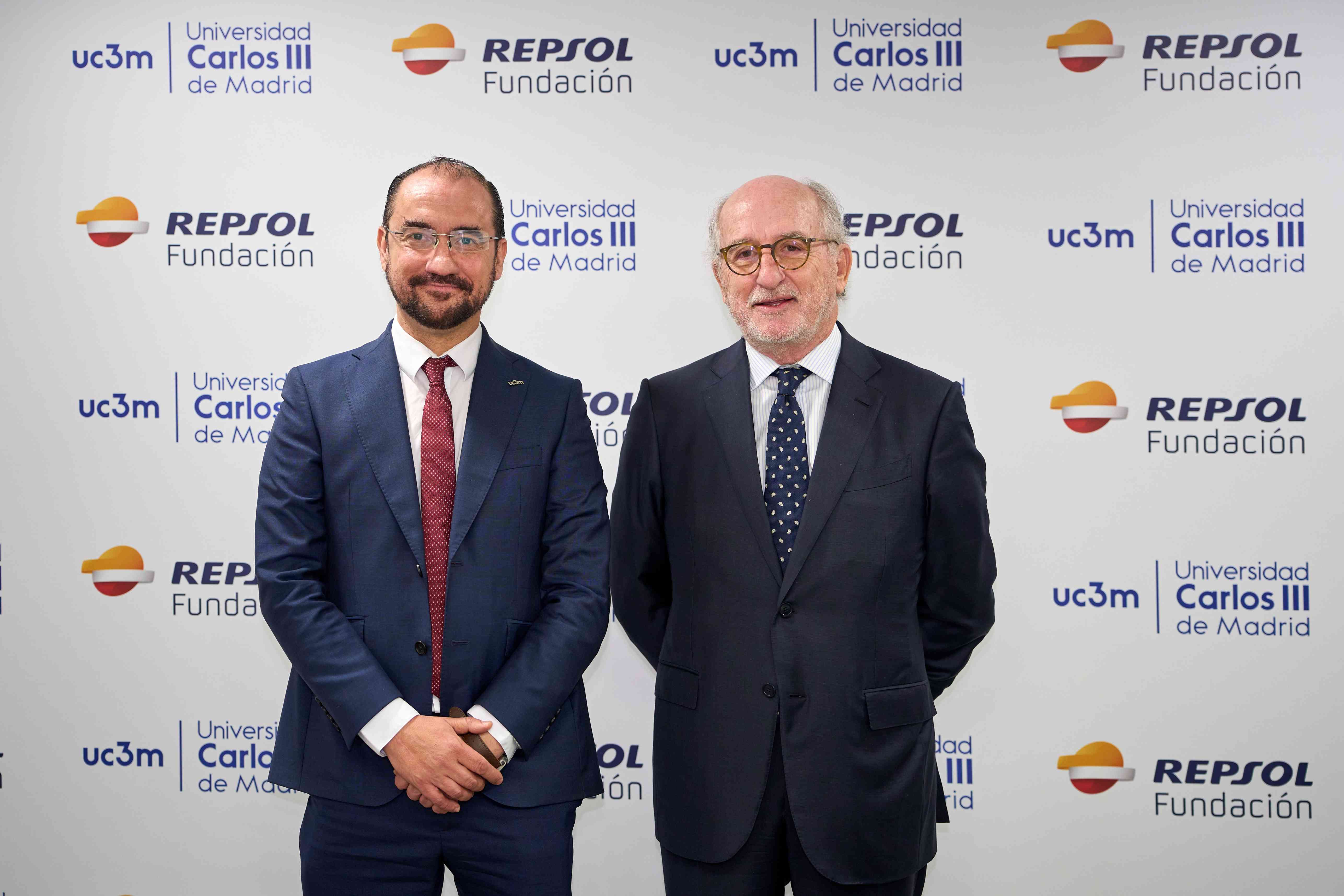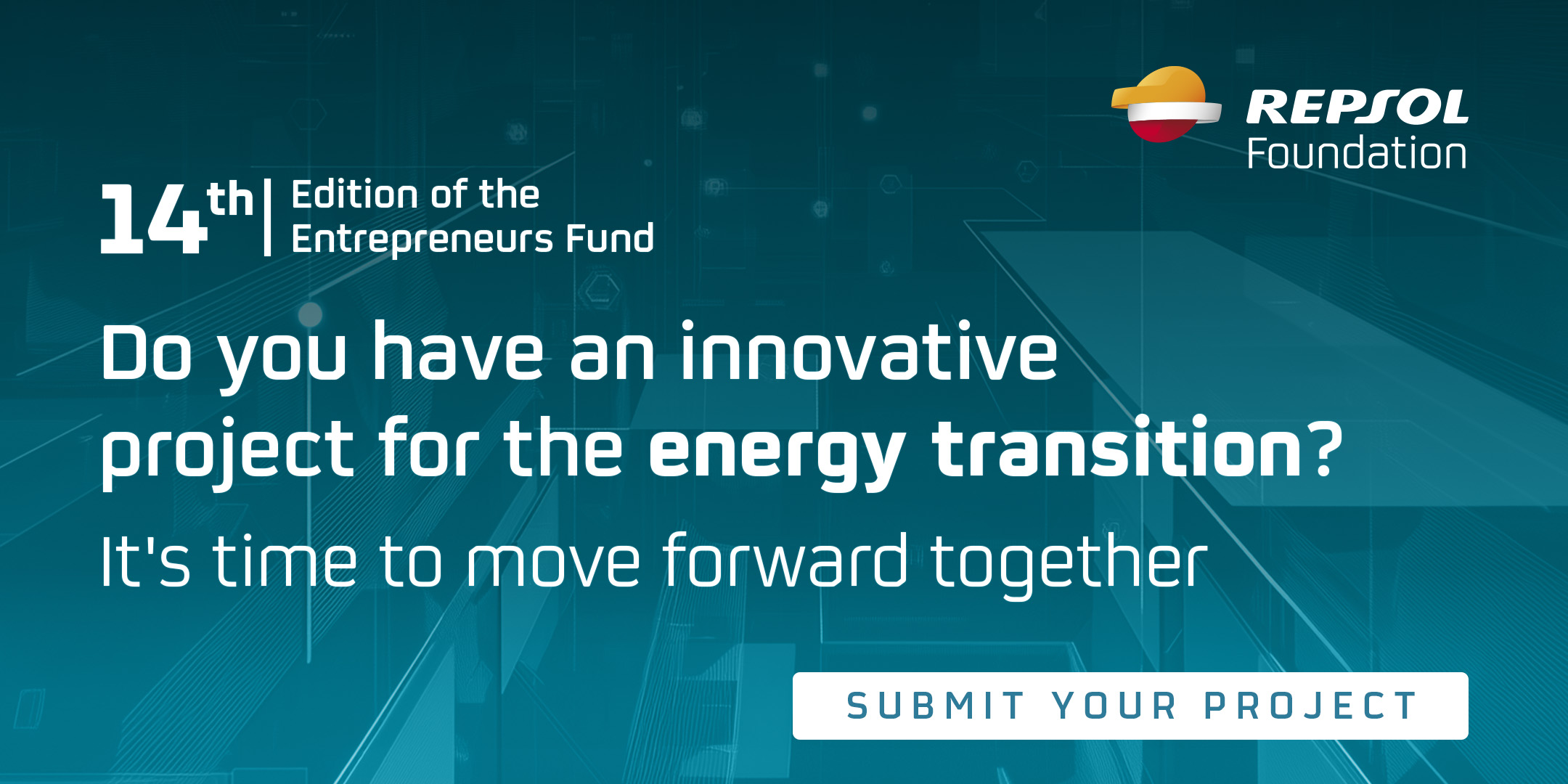
Economic and energy experts debate the impact of the economy on the energy sector
Repsol Foundation and Funseam organized the conference "Energy and Economy, a binomial for the future. World Energy Outlook 2023" where the main conclusions drawn from the different decarbonization scenarios and their effects on society as a whole were presented. The meeting was attended by Josu Jon Imaz, Repsol CEO; António Calçada, executive managing director of the Repsol Foundation; Joan Batalla, executive managing director of Funseam; Mariano Marzo, professor at Universidad de Barcelona; María Teresa Costa, director of the Energy Sustainability Education and Research Program at Universidad de Barcelona, and key economic and energy experts.
The executive managing director of Funseam indicated that “we find ourselves in a process of change where it is necessary to promote economic competitiveness by strengthening strategic value chains. “Climate objectives are a chance to keep promoting the leadership of our companies, committing to competitive economic growth.”
In his speech, Mariano Marzo analyzed the annual “World Energy Outlook 2023 - WEO” report, prepared by the International Energy Agency. The professor pointed out that “global energy system's trajectory is changing due to a big boom in new technologies, such as electric vehicles and solar photovoltaics, combined with a rebalancing of China's economy towards a cleaner development model.”
Marzo also talked about the main risks associated with new technologies. In his opinion, “critical minerals are the new hydrocarbons. The energy transition is actually an extractive transition, i.e., a geopolitical one.”
During the session, a round table, “Energy and Economy, a binomial for the future,” was held where representatives of the country's main economic institutions discussed how the current energy scenario is affecting the economy, focusing on competitiveness.
Soledad Núñez, member of the Governing Council and the Executive Committee of the Bank of Spain; Raymond Torres, director of the Economic Scenario of Funcas (Savings Bank Foundation); Diego Rodríguez, director of the Digital Economy and Energy Area of FEDEA (Foundation for Applied Economics Studies); Rafael Domenech, director of Economic Analysis at BBVA; Antonio Merino, director of Studies at Repsol, and Mariano Marzo took part in the meeting.
Experts debated the Spanish economy's outlook for the coming years and how energy and raw material prices have affected the economy and consumption as a whole.
In his closing speech, António Calçada highlighted that “the energy transition is a huge opportunity for industrial and digital transformation and a radical change in society's consumption habits” and added that “opportunities only become a reality with knowledge, tried-and-tested technology, and the capacity to deliver.”



